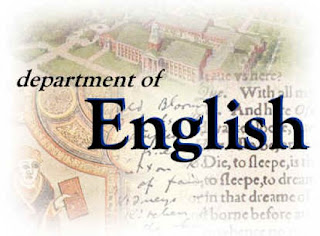Pronoun
A pronoun is a word that is used in place of a noun or noun phrase. Pronouns are used to avoid repeating the same noun over and over again. For example, instead of saying “John went to the store and John bought a book”, you can say “John went to the store and he bought a book”.
Types of Pronouns
There are many different types of pronouns, including:
- Personal pronouns
- Possessive pronouns
- Reflexive pronouns
- Demonstrative pronouns
- Interrogative pronouns
- Relative pronouns
- Reciprocal pronouns
- Indefinite pronouns
Personal Pronouns
Personal pronouns are used to refer to people or things.
Examples:
- I
- you
- he
- she
- it
- we
- they
- me
- him
- her
- us
- them
Possessive Pronouns
Possessive pronouns are used to show ownership.
Examples:
- mine
- yours
- his
- hers
- its
- ours
- theirs
Reflexive Pronouns
Reflexive pronouns are used when the subject and object of a verb are the same person or thing.
Examples:
- myself
- yourself
- himself
- herself
- itself
- ourselves
- yourselves
- themselves
Demonstrative Pronouns
Demonstrative pronouns are used to point to specific people or things.
Examples:
- this
- that
- these
- those
Interrogative Pronouns
Interrogative pronouns are used to ask questions.
Examples:
- who
- whom
- whose
- which
- what
Relative Pronouns
Relative pronouns are used to introduce relative clauses.
Examples:
- who
- whom
- whose
- which
- that
- what
Reciprocal Pronouns
Reciprocal pronouns are used to show a mutual relationship between two or more people or things.
Examples:
- each other
- one another
Indefinite Pronouns
Indefinite pronouns are used to refer to people or things in a general way.
Examples:
- someone
- somebody
- something
- anyone
- anybody
- anything
- everyone
- everybody
- everything
- no one
- nobody
- nothing
- none
- all
- another
- any
- both
- each
- either
- few
- many
- most
- neither
- one
- other
- several
- some
- such
Why Pronouns Are Important
Pronouns are an important part of speech in English. They are used to avoid repetition and to make sentences more concise.
| Person | Subjective Pronoun | Objective Pronoun | Possessive Adjective | Possessive Pronoun | Reflexive Pronoun |
|---|---|---|---|---|---|
| 1st Person | I | me | My | mine | myself |
| 1st Person | We | us | Our | ours | ourselves |
| 2nd Person | You | you | Your | yours | yourself |
| 2nd Person | You | you | Your | yours | yourselves |
| 3rd Person | It | it | Its | its | itself |
| 3rd Person | He | him | His | his | himself |
| 3rd Person | She | her | Her | hers | herself |
| 3rd Person | They | them | Their | theirs | themselves |
| Relative Pronoun | Who | whom | Whose | whoever |




